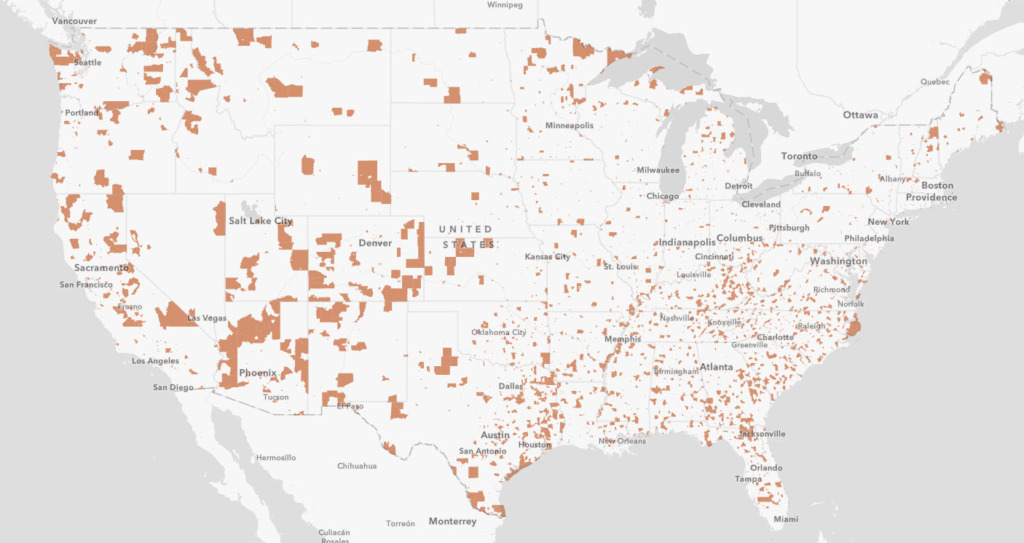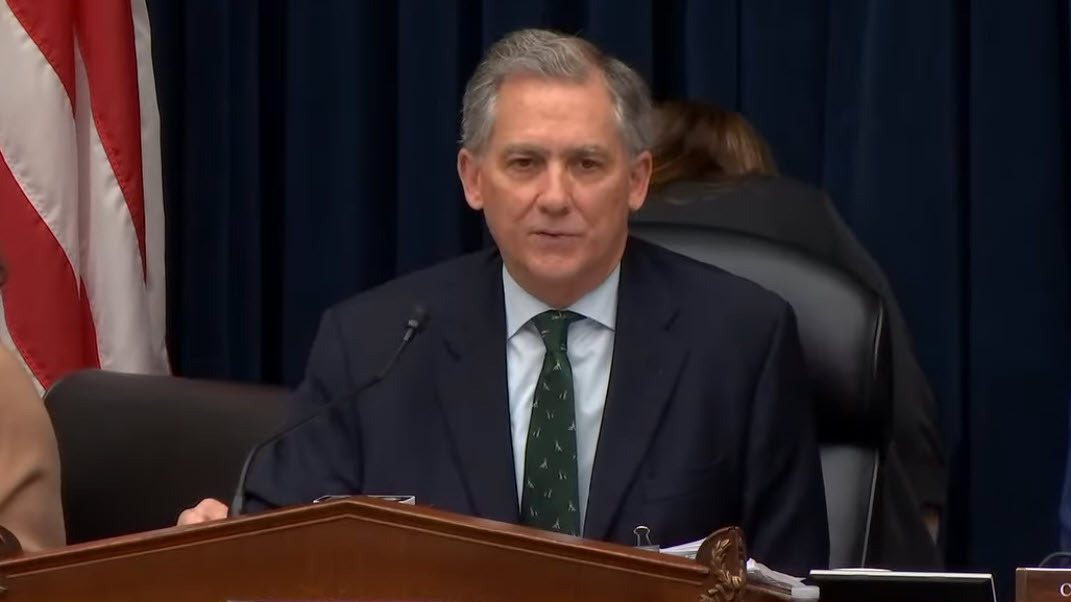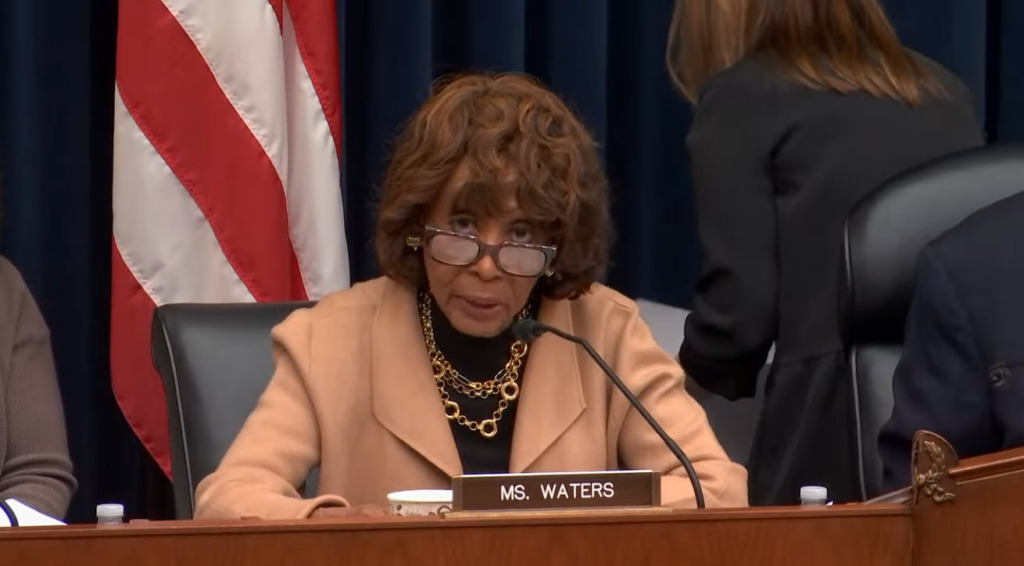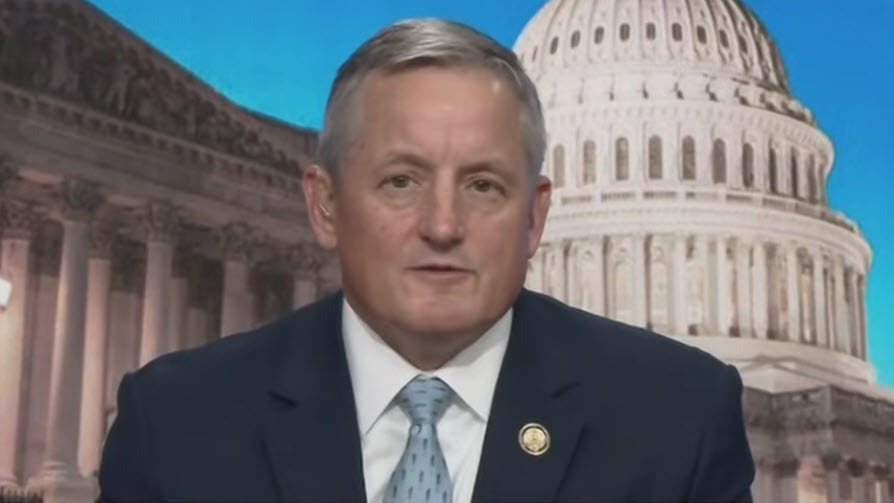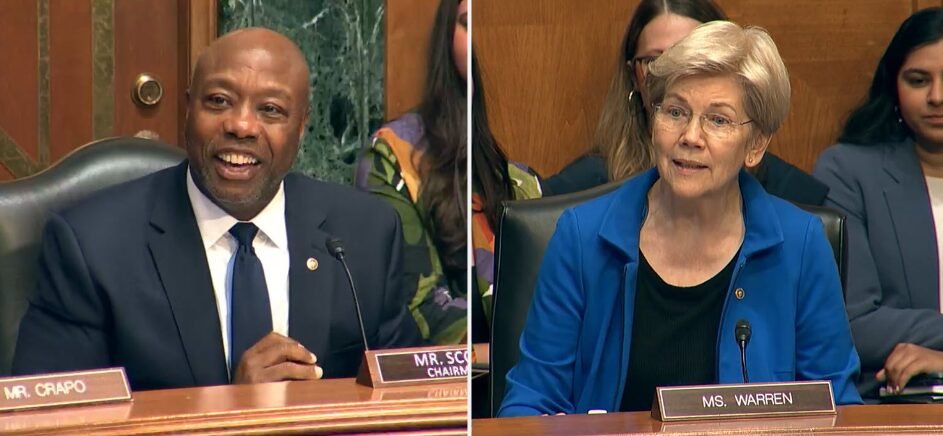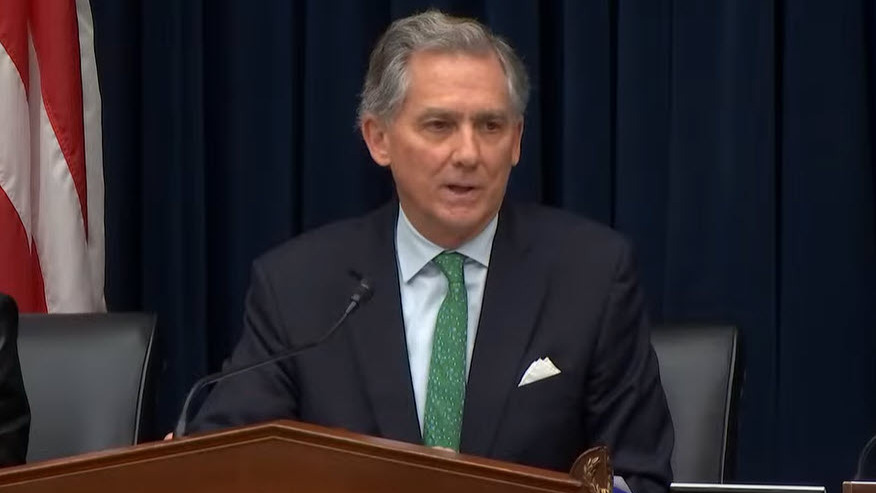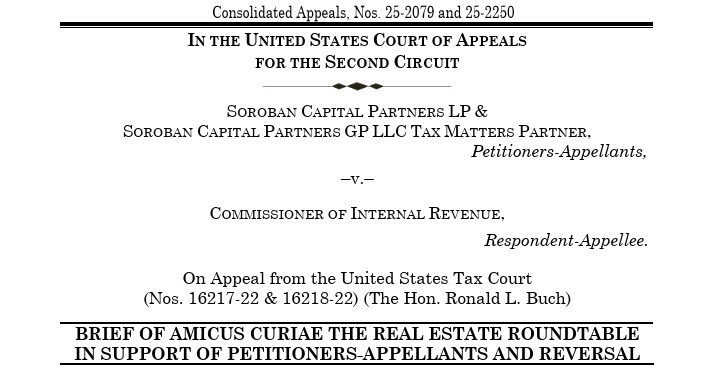
The Real Estate Roundtable (RER) filed an amicus brief this week with the Second Circuit Court of Appeals in Soroban Capital Partners LP v. Commissioner, a case that challenges the IRS’s restrictive interpretation of the “limited partner exception” from self-employment (SECA) taxes under section 1402(a)(13) of the tax code. (Amicus Brief, Dec. 15)
Why It Matters
- Income-producing real estate—rental housing, neighborhood shopping centers, office buildings, etc.—is predominantly owned and operated in partnership form. In 2022, there were over 2.2 million real estate partnerships in the United States, with nearly 9.6 million partners.
- The Self-Employment Contributions Act (SECA) imposes Social Security and Medicare taxes on net earnings from self-employment. The SECA tax rate on earnings above $250,000 is 3.8%. While the tax applies to a broad range of trade or business income, Congress expressly exempted limited partners from SECA in the Social Security Amendments of 1977.
- Legislative proposals and proposed regulations have unsuccessfully attempted to extend the 3.8% SECA tax or the 3.8% net investment income tax to limited partners.
- The IRS has undertaken an aggressive effort to redefine what it means to be a limited partner by challenging taxpayers and litigating the issue in several cases before the Tax Court.
Roundtable View

- Real estate partnerships have relied for decades on longstanding tax law as it relates to limited partners and the SECA exception.
- In Soroban and related cases, the Tax Court has imposed a judge-made test and concluded contrary to decades of established state law that a limited partner must be a ‘passive investor,’ notes the RER amicus brief.
- The Tax Court’s 2023 Soroban ruling wrongly introduced a federal “passivity” requirement that is unmoored from statute, legislative history, and Treasury’s own prior interpretations. However, limited partners have routinely provided business services to their partnerships without losing their limited liability status. (Roundtable Weekly, Sept. 12)
- “A shift in the federal tax definition of a limited partner could alter underlying partnership economics, increase tax burdens, and create significant uncertainty for real estate and other pass-through businesses,” said RER President and CEO Jeffrey DeBoer. “Such changes need to go through Congress and withstand legislative scrutiny.”
Background

- RER’s amicus brief was drafted by litigation counsel at Sullivan & Cromwell LLP, in consultation with RER’s Tax Policy Advisory Committee (TPAC). RER also filed an amicus brief in August
with the First Circuit Court of Appeals in a related case, Denham Capital Management LP v. Commissioner. (Roundtable Weekly, Sept. 12)
- The Denham appeal follows similar disputes in other circuits, including Sirius Solutions in the Fifth Circuit, where RER filed a parallel amicus brief in 2024. (Roundtable Weekly, Sept. 2024)
Next Steps
The decision in any of the pending cases could have nationwide implications for how partnerships are treated under SECA. A ruling against the Tax Court’s passive investor test would reinforce state law’s central role in defining “limited partner” status.
